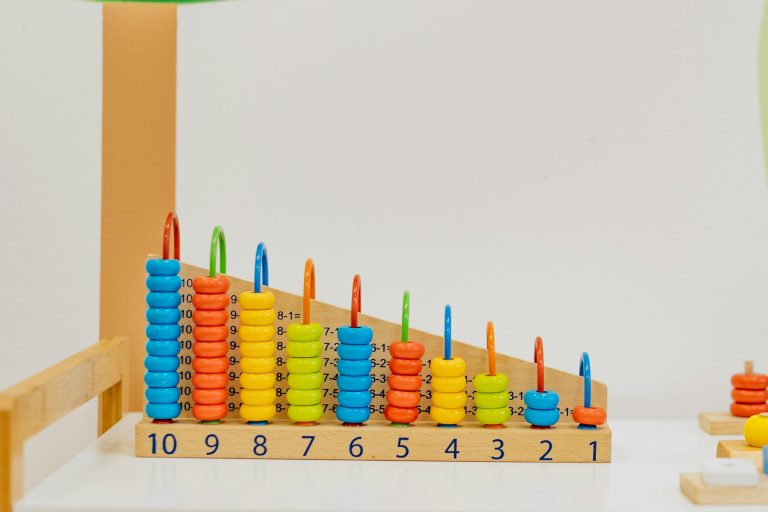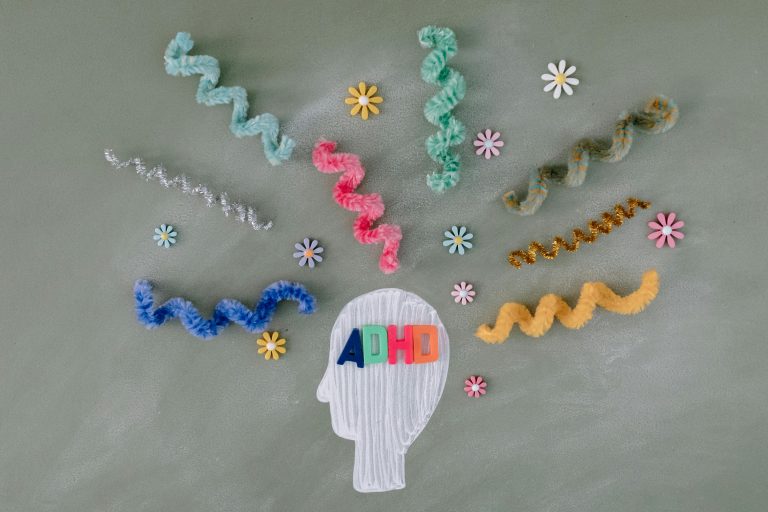Why Kids Hate Math (and How to Make Algebra Interesting in the Classroom)
It’s no secret: many students groan the moment algebra comes up. Why is math such a challenging subject for many children, and what can teachers and parents do to turn frustration into curiosity? Why Kids Struggle with Math For starters, math is cumulative. If a child misses key ideas early on—fractions, negative numbers, or the…






